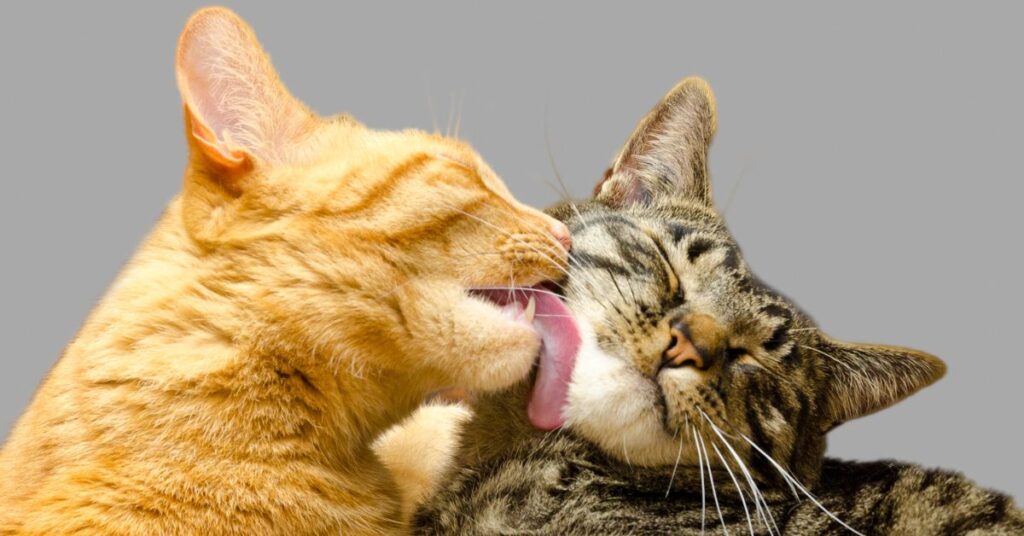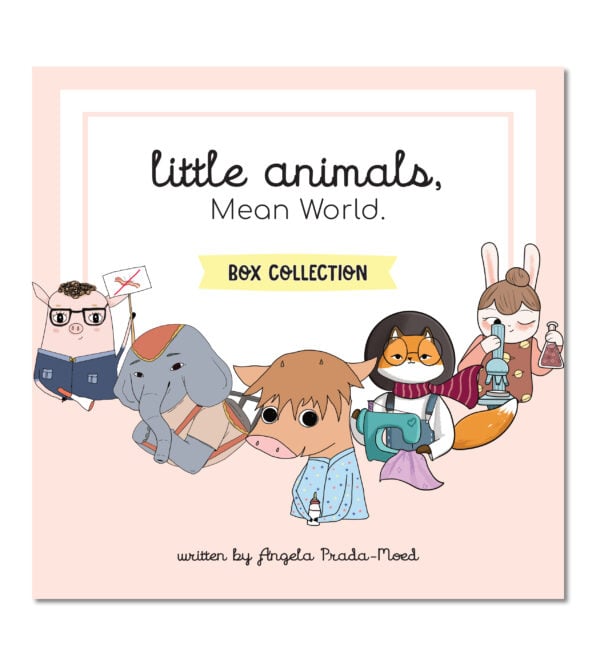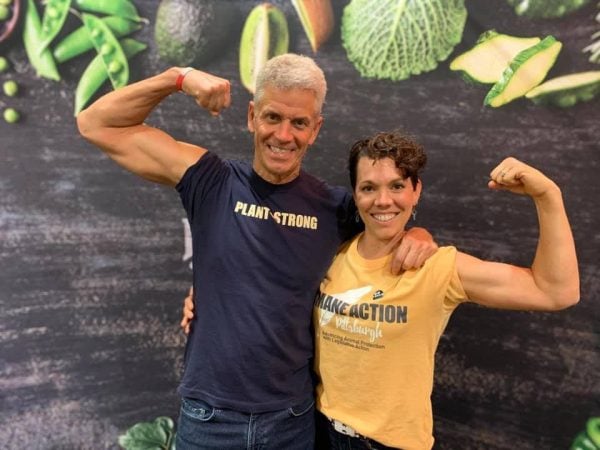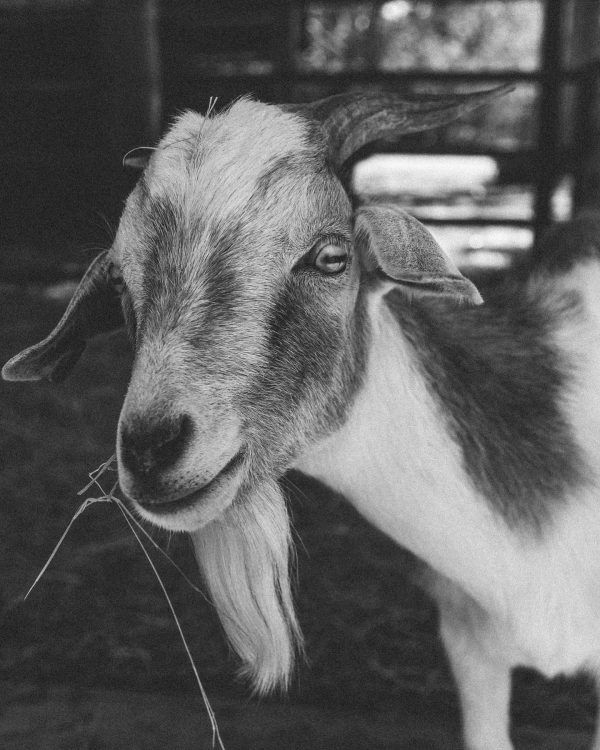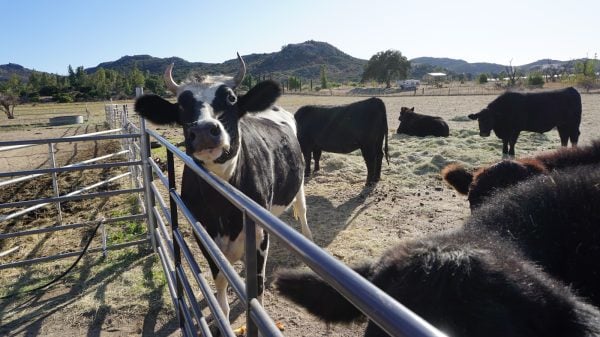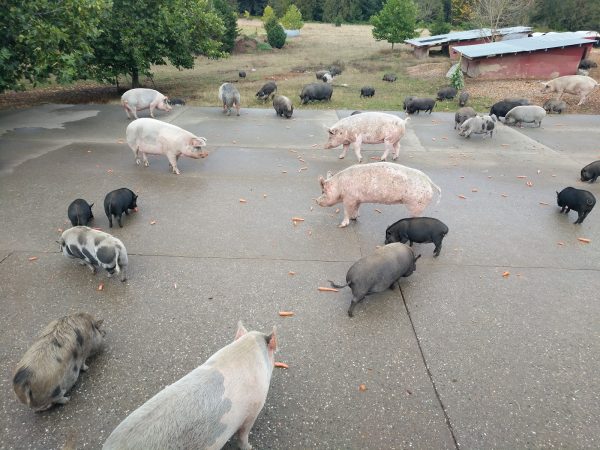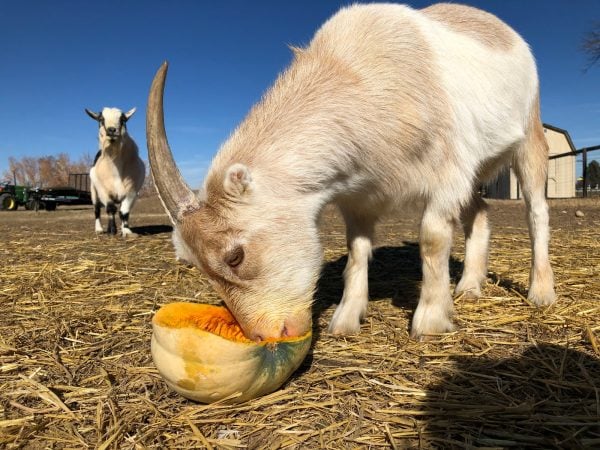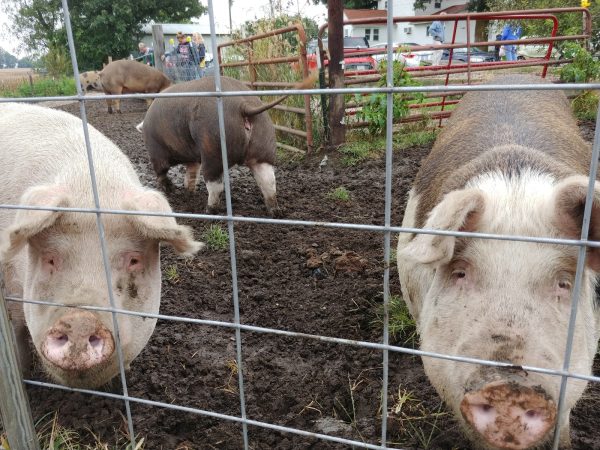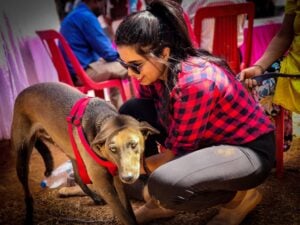Every year on August 8th, cat lovers all over the world come together to celebrate International Cat Day. This special day is dedicated to honoring our beloved feline companions, appreciating their unique personalities, and highlighting the importance of protecting and caring for them.
Author: Amanda Bautista Fernández
Scientifically known as Felis catus, cats have shared an intriguing history with humans for millennia. They were domesticated around 4,000 years ago, making them one of the earliest animals to join our households. Cats possess extraordinary traits that have captured our fascination throughout the ages.
Renowned for their agility and grace, cats possess flexible bodies, keen reflexes, and exceptional balance, enabling them to perform acrobatic feats with ease. Their mysterious behavior has sparked countless myths and superstitions over the years, from their nocturnal escapades to their affectionate kneading, continuously captivating us.
Communication is another aspect that makes cats enigmatic beings. They convey their feelings through a combination of vocalizations, body language, and purring. Each meow, purr, and tail flick carries its meaning, adding to their allure.
While cats are often perceived as independent creatures, they can form deep bonds with their human companions. Their affectionate head-butts and soothing purrs are heartwarming displays of their love, forging a unique partnership between cats and humans.
The Domestication of Cats: A Purr-fect Partnership
As humans have domesticated cats, the two have developed a mutually beneficial relationship. However, unlike many other domesticated animals, cats have maintained a hint of their wild and independent nature, making their journey alongside humans even more intriguing.
The exact origins of cat domestication remain somewhat shrouded in mystery, but archaeological evidence suggests that the process began around 7500 BCE in the Near East, specifically in the region known as the Fertile Crescent. This area, which includes parts of modern-day Turkey, Iran, and Iraq, was one of the earliest hotspots for agriculture and human settlement.
One of the primary reasons why cats likely started to cozy up to human communities was food. The first agricultural societies faced challenges with rodent populations that were attracted to stored grains. The appearance of early agricultural settlements inadvertently created a paradise for rodents, and this, in turn, caught the attention of wild cats.
As cats hunted rodents around human settlements, they found a steady and easily accessible food source. Over time, some cats became more tolerant of human presence and began to stick around in a mutually beneficial arrangement. Humans appreciated the pest control services that cats provided, and cats enjoyed the steady supply of prey.
In addition to their pest control abilities, cats played another vital role in ancient civilizations. They guarded valuable scrolls and documents stored in libraries and temples. Cats’ ability to keep rodents away from papyrus and parchment was crucial for preserving knowledge and written records.
One of the most well-known historical examples of this role is the ancient Library of Alexandria in Egypt. Cats were highly revered and protected in the library, and harming a cat, even accidentally, was punishable by death.
Cats in Ancient Cultures
Throughout history and across various cultures, the figure of the cat has held a prominent and multifaceted role in mythologies and ancient societies.
In ancient Egypt, cats were revered as sacred creatures, closely associated with the goddess Bastet, the protector of home, fertility, and domesticity. Egyptians believed that cats embodied the qualities of grace and power, and harming a cat, even accidentally, was considered a grave offense punishable by severe consequences.
Cats held significance in Celtic mythology as well. In Celtic folklore, cats were believed to have the ability to move between the physical world and the spiritual realm with ease. They were considered mysterious creatures with otherworldly powers, and their presence was often seen as a sign of a magical and supernatural connection.
In Norse mythology, the cat also made appearances, particularly in connection with the goddess Freyja, who had a chariot pulled by two large cats. These feline companions highlighted the cat’s dual nature as both a symbol of beauty and a formidable guardian.
In Japanese folklore, the “Maneki-Neko” or the beckoning cat is a popular talisman believed to bring good luck and fortune to its owners. Often depicted with one paw raised in a welcoming gesture, the Maneki-Neko is a common sight in shops and homes across Japan.
In Korean folklore, cats were often associated with luck and protection. Cats were believed to have the power to ward off evil spirits and bring good fortune to their owners. As a result, paintings and sculptures of cats were frequently displayed in Korean homes to invoke positive energy and safeguard against malevolent forces.
The ubiquity of cats in various mythologies underscores the universal fascination with these mysterious and graceful creatures. Their portrayal in myths often reflects their dual nature as both gentle and nurturing companions and enigmatic guardians of the mystical and spiritual realms. From their sacred role in ancient Egypt to their association with luck and magic in various Asian cultures, the figure of the cat remains a timeless and cherished symbol, leaving an indelible mark on the rich tapestry of human beliefs and stories.
Spread Across Continents
As human civilizations expanded through trade, exploration, and migration, cats journeyed alongside humans and gradually spread to distant corners of the globe. The ancient Phoenician traders are believed to have played a crucial role in the dispersal of cats to new territories, carrying these enigmatic creatures on their ships as they navigated the seas for trade and exploration.
One of the notable stops on the feline journey was Europe. Cats are believed to have arrived in Europe through various trade routes, including those established by Phoenician merchants. The presence of cats in Europe became especially prevalent during the expansion of the Roman Empire, where they played a vital role in controlling rodent populations in urban areas.
From Europe, cats continued their global migration, accompanying explorers and traders on their voyages to other continents. In the Middle Ages, cats were aboard the ships of Viking explorers, providing essential pest control during their long sea journeys and eventual settlement in new lands.
Cats’ presence expanded further through the Silk Road, the network of ancient trade routes connecting East and West, facilitating cultural exchange and commerce between Asia and Europe. Along these routes, cats found their way into various Asian civilizations, where they were integrated into local communities and often regarded with reverence.
In the Far East, cats became an integral part of Japanese and Chinese society. Japanese folklore tells of the “Bakeneko” and “Nekomata,” supernatural cat spirits with transformative abilities, while in China, cats were admired for their grace and agility, and their images adorned artworks and pottery.
In the Islamic world, cats were highly regarded for their cleanliness and hunting skills. Islamic tradition tells a story of the Prophet Muhammad’s deep affection for cats, emphasizing the importance of kindness and care towards these animals.
From the ancient trading hubs of Egypt and Mesopotamia to the far reaches of Asia and Europe, the presence of cats spread across continents, enriching the lives of humans in diverse cultures. Their migration not only served practical purposes by controlling pests but also led to their integration into local folklore, art, and daily life. The global journey of cats is a testament to the interconnectedness of human civilizations and the enduring bond between humans and their feline companions. Today, cats continue to be cherished and loved in homes worldwide, a testament to their remarkable resilience and their enduring place in the hearts of people across the globe.
Cultural Variations
Diverse cultural beliefs and superstitions have influenced the domestication of cats, resulting in varying attitudes towards these enigmatic creatures across different regions and periods. While ancient Egyptians revered cats as symbols of grace and protection, other cultures held contrasting views.
In medieval Europe, cats were often associated with superstitions and witchcraft, creating an atmosphere of fear and suspicion around these animals. Their nocturnal behavior and ability to navigate in darkness led to them being linked to supernatural forces, and they were unfortunately persecuted and even killed during the infamous witch hunts.
Today, domestic cats have emerged as one of the most beloved and popular pets worldwide, transcending cultural boundaries. They have seamlessly integrated themselves into human lives, becoming cherished members of countless households. Cats have demonstrated their adaptability, not only in diverse environments but also in various aspects of modern living.
From the rise of “internet cats,” where feline personalities have captivated millions through viral news, videos, and social media, to their roles as emotional support animals, cats continue to enrich our lives in numerous ways. Their calming presence and ability to provide companionship have made them invaluable companions, offering solace to people during challenging times and contributing to mental well-being.
The domestication of cats is an ongoing tale of coexistence and mutual benefits that spans millennia, reflecting the harmonious relationship between humans and these graceful and enigmatic creatures. Cats have undoubtedly left an indelible mark on human history, touching our lives with their unique charm and leaving pawprints of love in our hearts and homes. As we continue to cherish and care for these captivating creatures, the story of our enduring partnership with cats evolves, reminding us of the power of companionship and the meaningful connections we forge with the animal kingdom.
Why Protecting and Caring for Cats is Essential
While cats bring joy and companionship to millions of people, they face various challenges in the modern world:
- Abandonment and Stray Populations: Stray and feral cat populations continue to be a significant issue in many regions. Responsible pet ownership, including spaying and neutering, is crucial to prevent overpopulation and ensure the well-being of these animals.
- Animal Welfare Concerns: Cats, like all animals, deserve to be treated with kindness and respect. Advocating for their welfare and preventing animal cruelty is essential in creating a compassionate society.
- Biodiversity and Wildlife Conservation: Cats can have a significant impact on local wildlife populations when introduced to non-native environments. In areas where they can negatively impact local ecosystems, keeping domestic cats indoors is crucial.
- Health and Responsible Ownership: Regular veterinary care, proper nutrition, and a safe living environment are fundamental aspects of responsible cat ownership. Educating cat owners on these matters helps ensure the well-being of our feline friends.
How to Celebrate International Cat Day
On International Cat Day, there are numerous ways to honor and celebrate these majestic creatures:
- Adopt or foster a cat: Consider giving a forever home to a shelter cat or fostering one until they find a permanent family.
- Volunteer at an Animal Shelter: Spend some time volunteering at a local animal shelter to help care for cats in need.
- Spread awareness: Use social media to share information about cat welfare, responsible ownership, and the joy of having cats as companions.
- Donate to cat charities: Support organizations dedicated to cat rescue, rehabilitation, and welfare by making donations or participating in fundraising events.
- Spoil your cat: Show your feline friend some extra love and attention on this special day. Treat them to new toys, healthy treats, and plenty of cuddles.
International Cat Day serves as a reminder of the joy and happiness these whiskered friends bring into our lives. By understanding and protecting them, we ensure that future generations can share in the delight of these captivating creatures.
Let’s come together to celebrate and safeguard the well-being of our furry companions on this extraordinary day and every day beyond. To learn more about veganism, check out the Vkind app and Vkind.com!
Resources
BIANCHI, ALBERTO. “Los animales en el mito y en la religión del Antiguo Egipto”. Boletín de la Asociación Española de Egiptología, Nº 3. Asociación Española de Egiptología. Madrid. 1991.
CORLISS, JOHN. O. / GRZIMEK, H. C. B. Animal Life Encyclopedia. Transactions of the American Microscopical Society 94(2):302. DOI:10.2307/3225015. 1995.
FOX, MICHAEL W. Cat. Encyclopedia Britannica. 2023.
GIROLA, LIDIA. “Imaginarios animales: Perros y gatos en las sociedades antiguas de Occidente”. Revista Interdisciplinaria sobre Imaginarios Sociales. 2019.
SÁNCHEZ MARTÍNEZ, ANA LAURA. Del Proailurus al gato doméstico: evolución de la Familia Felidae. 2017.
ZEDER, MELINA A. “The Domestication of Animals”. Journal of Anthropological Research. Volume 68. Nº 2. Summer 2012.
SUBSCRIBE TO OUR NEWSLETTER
Vkind Vibes is our popular weekly newsletter where we share the latest news, tastiest recipes, and hottest trends impacting the VegEconomy. SUBSCRIBE NOW!
WANT MORE?
JOIN US AT VKX 2023! The Vkind Experience (VKX) is an immersive plant-based event celebrating travel, culture, and cuisine around the world as guests explore 11 experiential rooms while sampling an elevated fusion of world flavors.JOIN THE VKIND COMMUNITY Download the Vkind app on the App Store or Google Play to create your social profile and start sharing reviews of vegan businesses, watch original content, and explore the plant-based world with your friends!
JOIN THE VEGECONOMY Are you a vegan brand owner or professional? Add your listing to our business search platform to get more eyes on your vegan enterprise.
TAKE THE VEGECONOMY PLEDGE Take the VegEconomy Pledge to show support for sustainable business practices and make a commitment to Spend Like You Give A Damn.
WATCH & LEARN Subscribe to our YouTube channel for our latest shows, live events, interviews, videos, news, secret giveaways & more!
STREAM “PEELED”, THE ALL-VEGAN COOKING COMPETITION SHOW Produced by Vkind Studios in a limited 3-part web series, Peeled is the award-winning all-vegan cooking competition show that’s on a search to find “America’s Hottest Vegan Chef”.
FOLLOW & SHARE Our content is always entertaining, educational, and inclusive. Follow us everywhere on social media!
SHARE VEGAN RECIPES Share your delicious vegan recipes with the Vkind Community on our app and website.

